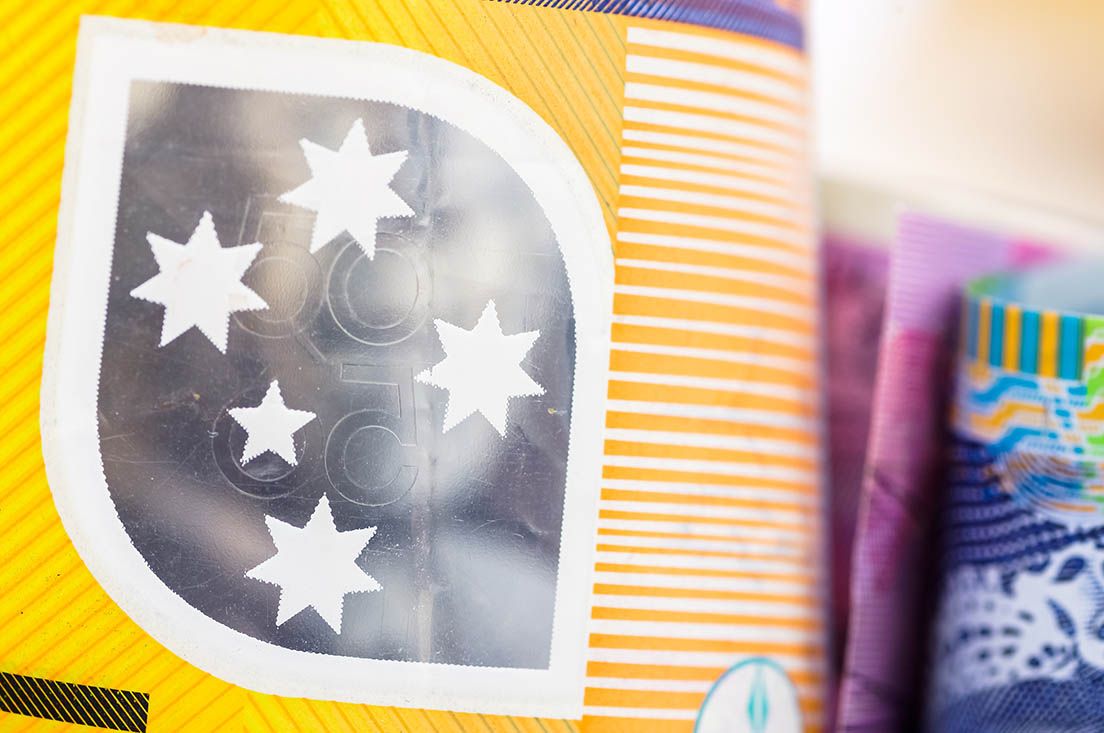
Image © Adobe Images
The Australian Dollar is down against the majority of its currency peers after the Reserve Bank of Australia (RBA) hinted that it was taking a path towards its first interest rate cut.
The RBA left interest rates unchanged at 4.35% but said it thought the economic outlook was "slightly softer" than foreseen at the August meeting
"The RBA is starting to tilt into a more dovish direction," says Marcel Thieliant, Head of Asia-Pacific at Capital Economics.
The dovishness is showing in Aussie exchange rates: the Pound to Australian Dollar exchange rate is higher on the day at 1.9540, as is the Euro to Australian Dollar at 1.6284. The Australian Dollar to U.S. Dollar is lower at 0.6828.
The RBA also revealed that it didn't discuss a rate hike at the meeting for the first time since March but reiterated its pledge that it won’t cut interest rates "in the near term."
The RBA said it thinks consumption growth could remain softer for longer, meaning it sees limited inflationary risks ahead despite expectations for economic growth to return to trend levels.
The statement dropped the view that "wage growth is still above the level that can be sustained given trend productivity growth", saying "wage pressures have eased somewhat".
However, the Bank retains some caution, noting the disinflation has stalled and, as a result, says it will "need to remain vigilant to upside risks to inflation".
"We’re sticking to our view that the Bank will only start to ease policy in Q2 2025," says Marcel Thieliant, Head of Asia-Pacific at Capital Economics.
Bullock also downplayed the fact that most other advanced economy central banks are now easing policy, noting that monetary policy in Australia was less restrictive than elsewhere.
Today's RBA decision shows there is no rush to the exit from tight monetary policy in Australia, but the first cautious steps are now being taken.
The result is a softer Aussie Dollar. Those watching this currency should also keep an eye on China, where a fresh set of stimulatory packages were announced on Tuesday.
This can bolster Australia's main trading partner, which should offer longer-term support.
